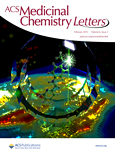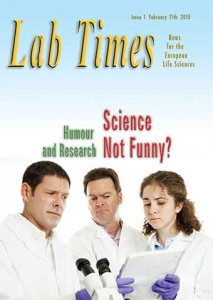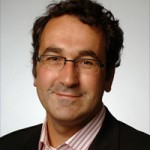 Critical Reviews in Environmental Science and Technology (CREST) has retracted a paper on biofuels for “improper citation methods.”
Critical Reviews in Environmental Science and Technology (CREST) has retracted a paper on biofuels for “improper citation methods.”
Given the journal’s track record, we’re guessing this is just another euphemism for plagiarism. (Also because the retraction notice flags a “breach of warranties made by the authors with respect to originality.”) In 2013, CREST retracted two papers for failing to use “proper citation,” which earned it top billing in our Lab Times column about publishers’ seemingly allergic reactions to the P-word.
Here’s some of the notice for “Promising Unconventional Pretreatments for Lignocellulosic Biomass”, which described new ways to process plant biomaterials into fuel: Continue reading Biofuels paper burned by “improper citation methods” – ie, plagiarism







